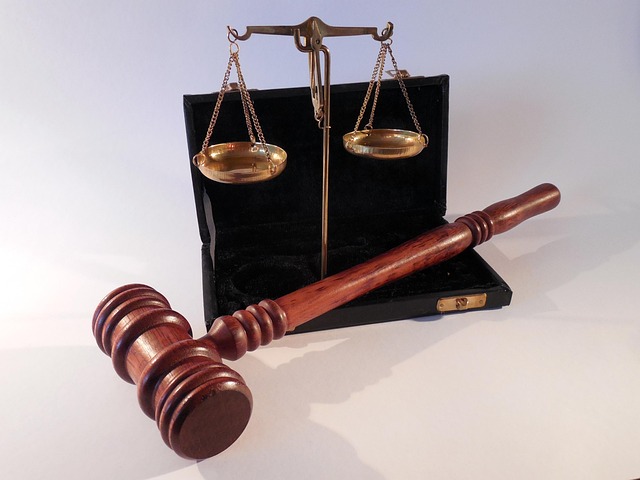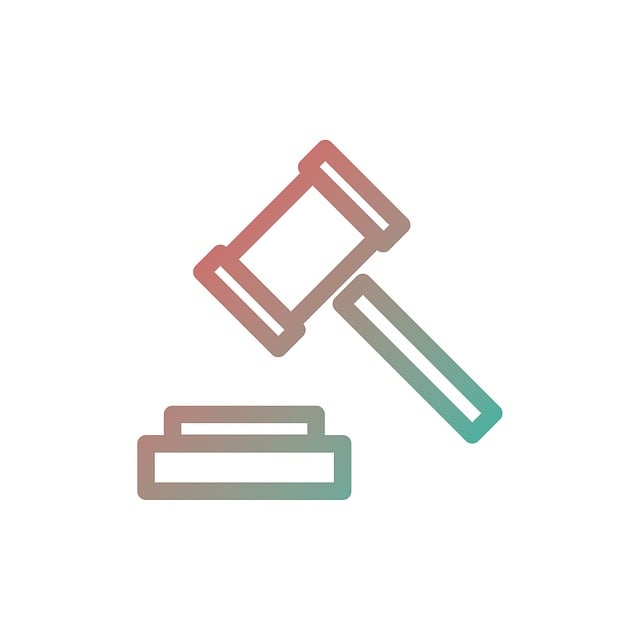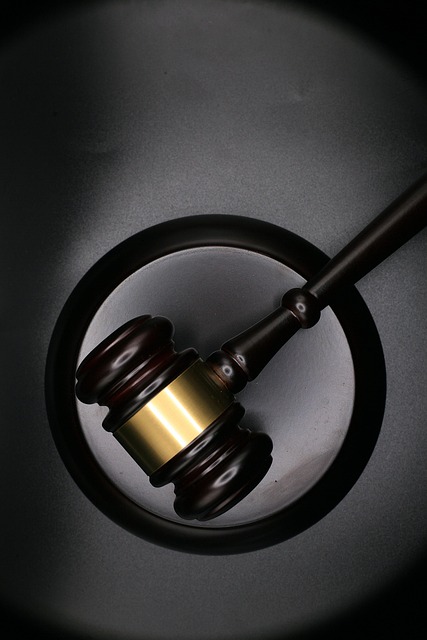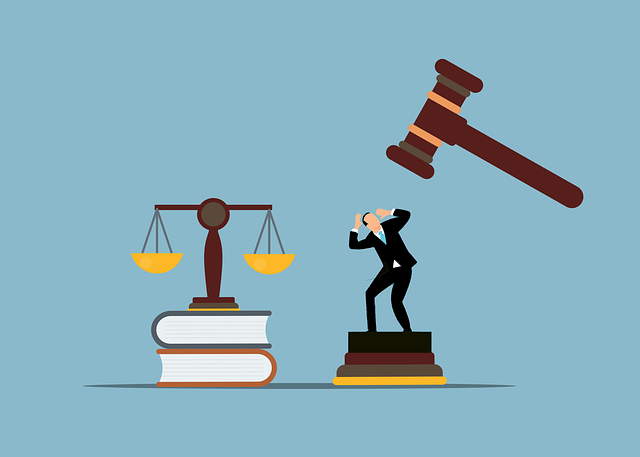Public corruption, driven by weak governance, ambiguous laws, and economic incentives, fosters unethical partnerships and damages societal trust. Cases often arise from unclear legal boundaries, leading to disagreements between corporate and individual clients. Effective navigation of investigations is vital for fair treatment. Anti-corruption measures, including transparency promotion, robust legal defenses, and citizen engagement, are crucial to prevent practices like bribery and misuse of power (white collar defense). Addressing common causes of partnership disagreements, such as conflicting interests, is key to mitigating corruption risks and fostering integrity in business relationships.
Public corruption charges are a growing concern, shinning a light on the intricate web of ethical dilemmas plaguing governance. This article delves into the defining moments and common triggers that ignite these accusations, exploring their profound societal and governmental impacts. From understanding the legal implications to uncovering hidden motives, we unravel the complexities. We also present effective strategies to combat and prevent these charges, emphasizing transparency, accountability, and robust anti-corruption measures. By addressing these issues, we aim to mitigate potential partnerships disagreements stemming from unethical practices.
- Understanding Public Corruption Charges: Definition and Legal Implications
- Common Triggers for Corruption: A Comprehensive Overview
- The Impact of Public Corruption on Society and Governance
- Strategies to Combat and Prevent Public Corruption Charges
Understanding Public Corruption Charges: Definition and Legal Implications

Public corruption charges refer to allegations of illicit behavior by public officials or those in positions of power, who abuse their authority for personal gain. This can take various forms, including bribery, fraud, extortion, and misuse of public funds. Understanding these charges is crucial as they involve legal implications that extend far beyond the accused individual—impacting businesses, communities, and even entire nations.
The Common Causes of Partnership Disagreements among corporate and individual clients often arise in complex situations where laws are unclear or ambiguously defined. During all stages of the investigative and enforcement process, legal teams must navigate these murky waters to ensure fair treatment for their respective business interests. Moreover, public corruption cases can set precedents that shape ethical conduct and transparency across various sectors, underscoring the need for a meticulous approach to understanding and prosecuting these offenses.
Common Triggers for Corruption: A Comprehensive Overview

Public corruption charges often arise from a complex interplay of factors that encourage unethical behavior. Common triggers for corruption include inadequate governance structures, weak legal frameworks, and limited transparency in public institutions. When power dynamics within governments are not well-regulated, it creates an environment ripe for bribery, embezzlement, and abuse of office. Lack of accountability mechanisms and enforcement of integrity standards can further exacerbate these issues.
Additionally, economic incentives play a significant role. In many cases, corrupt practices flourish due to the presence of profitable opportunities for unauthorized gains. Corporate and individual clients may offer incentives to public officials, leading to unethical partnerships. The allure of wealth and privilege can override ethical considerations, especially in regions with limited oversight from philanthropic and political communities across the country. Ensuring robust anti-corruption measures, promoting transparency, and strengthening legal defenses against such practices are essential steps towards fostering integrity within public service.
The Impact of Public Corruption on Society and Governance

Public corruption undermines societal trust and erodes the very fabric of good governance. It occurs when individuals in positions of power abuse their authority for personal gain, leading to a breakdown of public service integrity. The impact is far-reaching—it fosters an environment of inequality, hinders economic development, and discourages investment. In many cases, it results in a complete dismissal of all charges against corrupt officials, further perpetuating the cycle.
The common causes often stem from partnership disagreements where corporate and individual clients seek to exploit loopholes for profit. High-stakes cases of public corruption require meticulous legal strategies to ensure transparency and accountability. However, without robust anti-corruption measures and active citizen engagement, these issues persist, creating a complex web of challenges in the pursuit of just and efficient governance.
Strategies to Combat and Prevent Public Corruption Charges

Combating public corruption requires a multi-faceted approach, especially with the evolving nature of financial crimes. One effective strategy is strengthening transparency and accountability measures within government structures. This includes implementing robust systems for public financial management, ensuring open access to information, and promoting active citizen participation in governance. By doing so, potential vulnerabilities and unethical practices can be identified and addressed early on.
Additionally, educating both the public and private sectors about the risks and consequences of corruption is vital. Awareness campaigns and ethical training programs can help foster a culture of integrity. Encouraging individuals to report suspicious activities without fear of retaliation is another key component of prevention. Collaborating with law enforcement agencies and establishing efficient whistleblower protection mechanisms can significantly deter corrupt practices in both white collar defense and white collar and economic crimes. Moreover, addressing the common causes of partnership disagreements, such as conflicting interests or poor communication, can help mitigate potential avenues for corruption within respective businesses.
Public corruption, a pervasive issue, significantly undermines societal trust and efficient governance. By understanding the definition, legal implications, and common triggers, we can develop effective strategies to combat it. The impact of public corruption extends far beyond financial losses—it erodes the very fabric of democratic principles and hinders progress. Therefore, it’s imperative to focus on prevention through increased transparency, robust legal frameworks, and citizen engagement, addressing not just symptoms but also the root causes, such as common partnership disagreements that can lead to corrupt practices.






